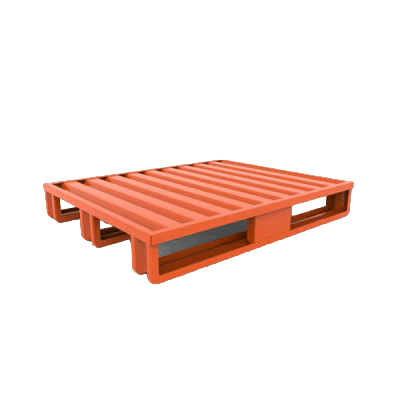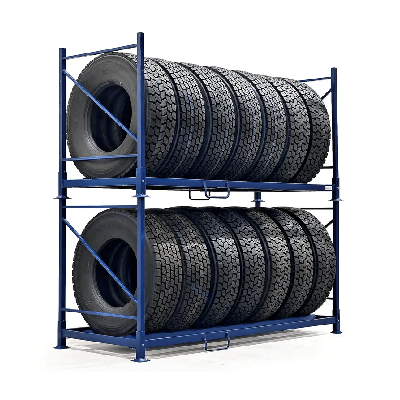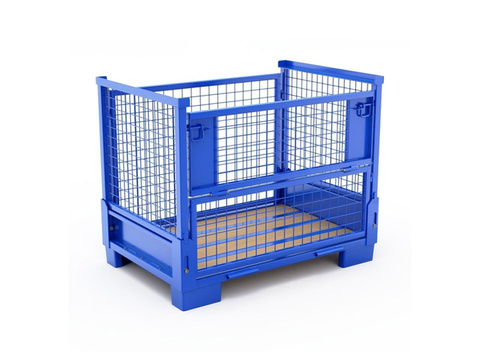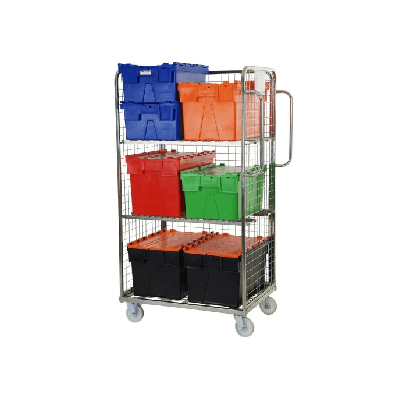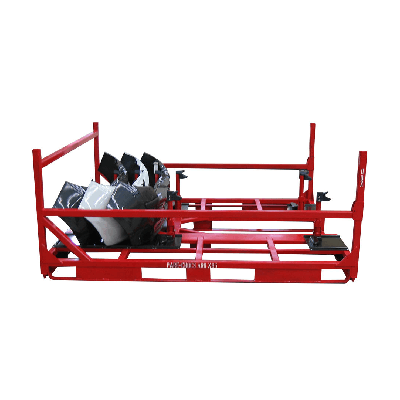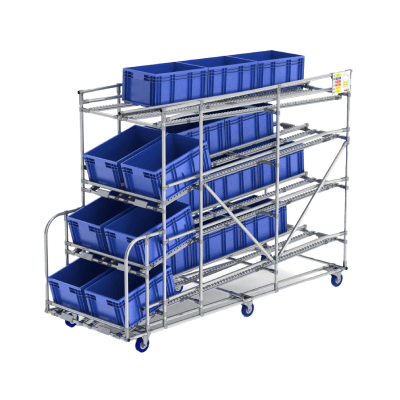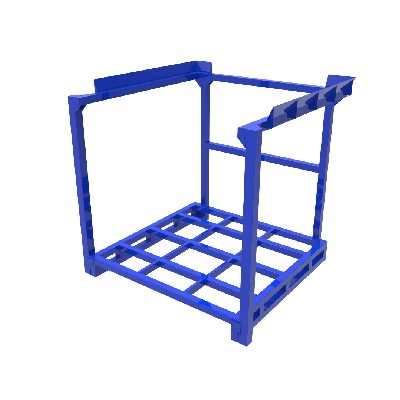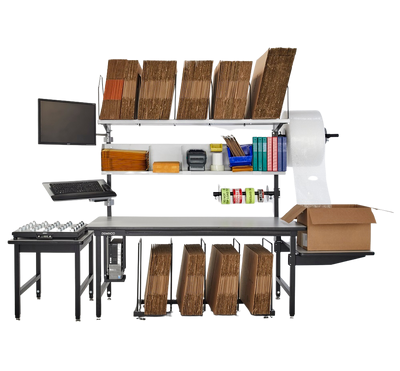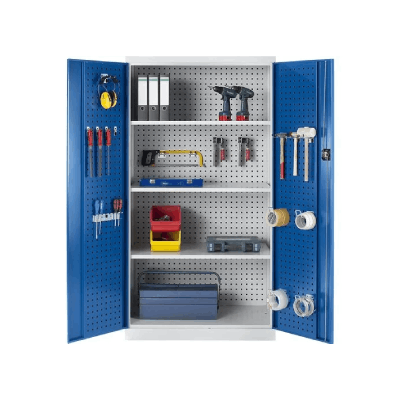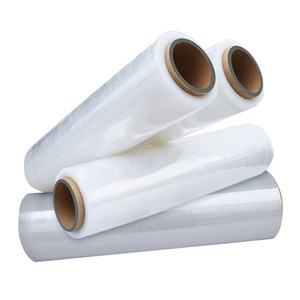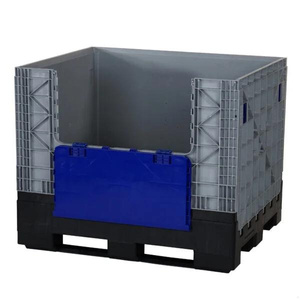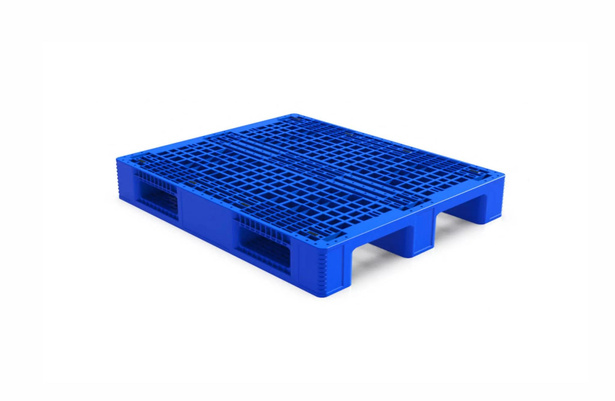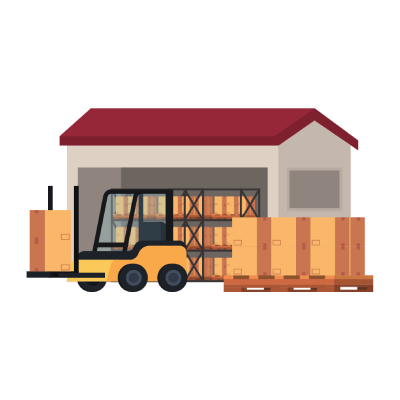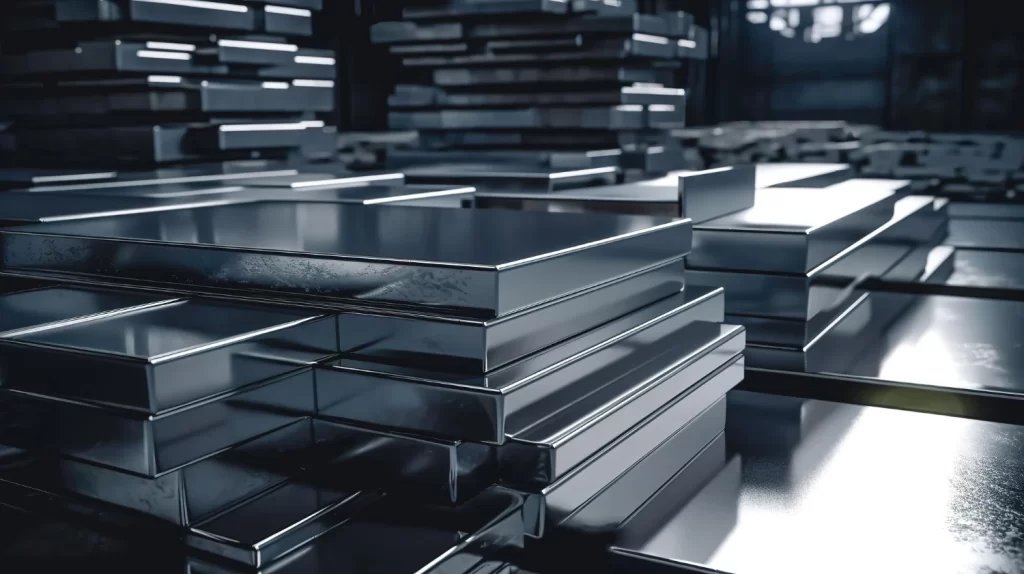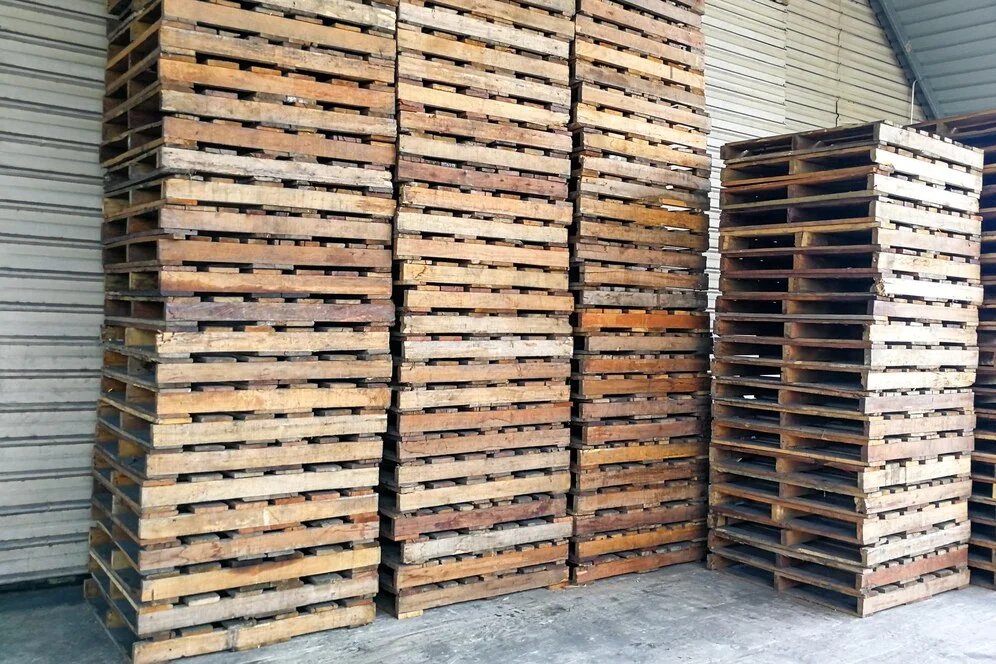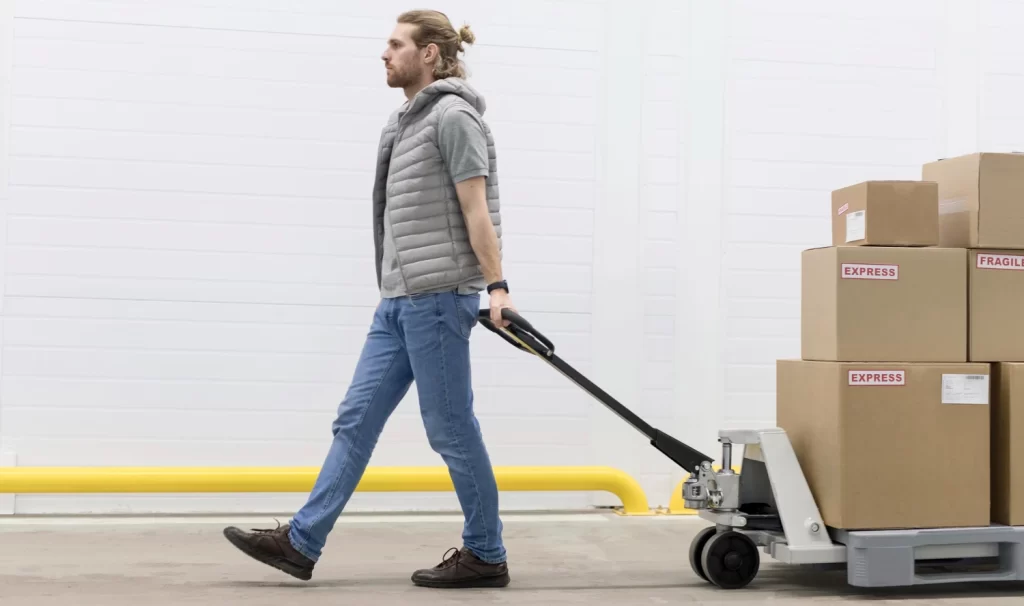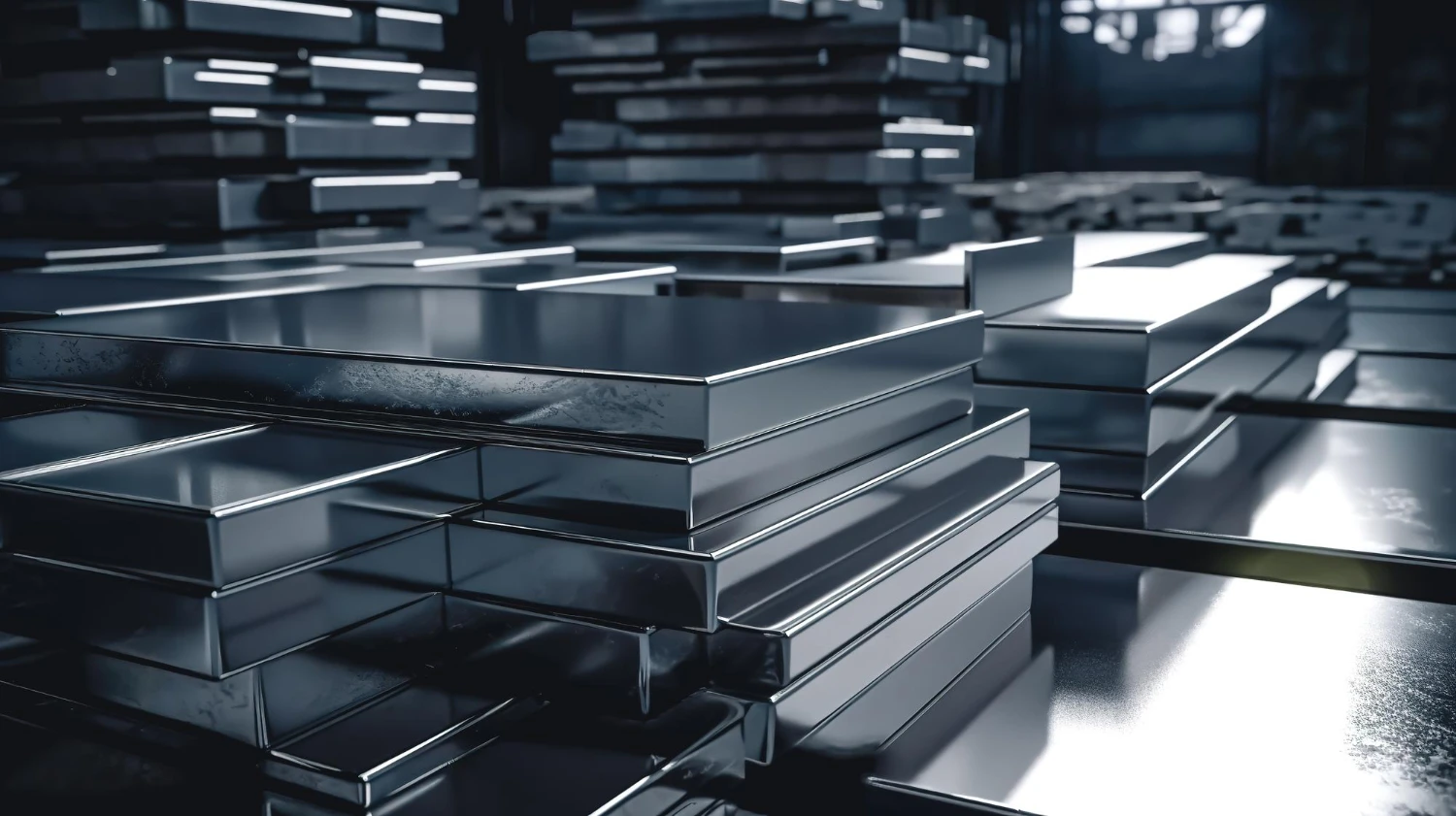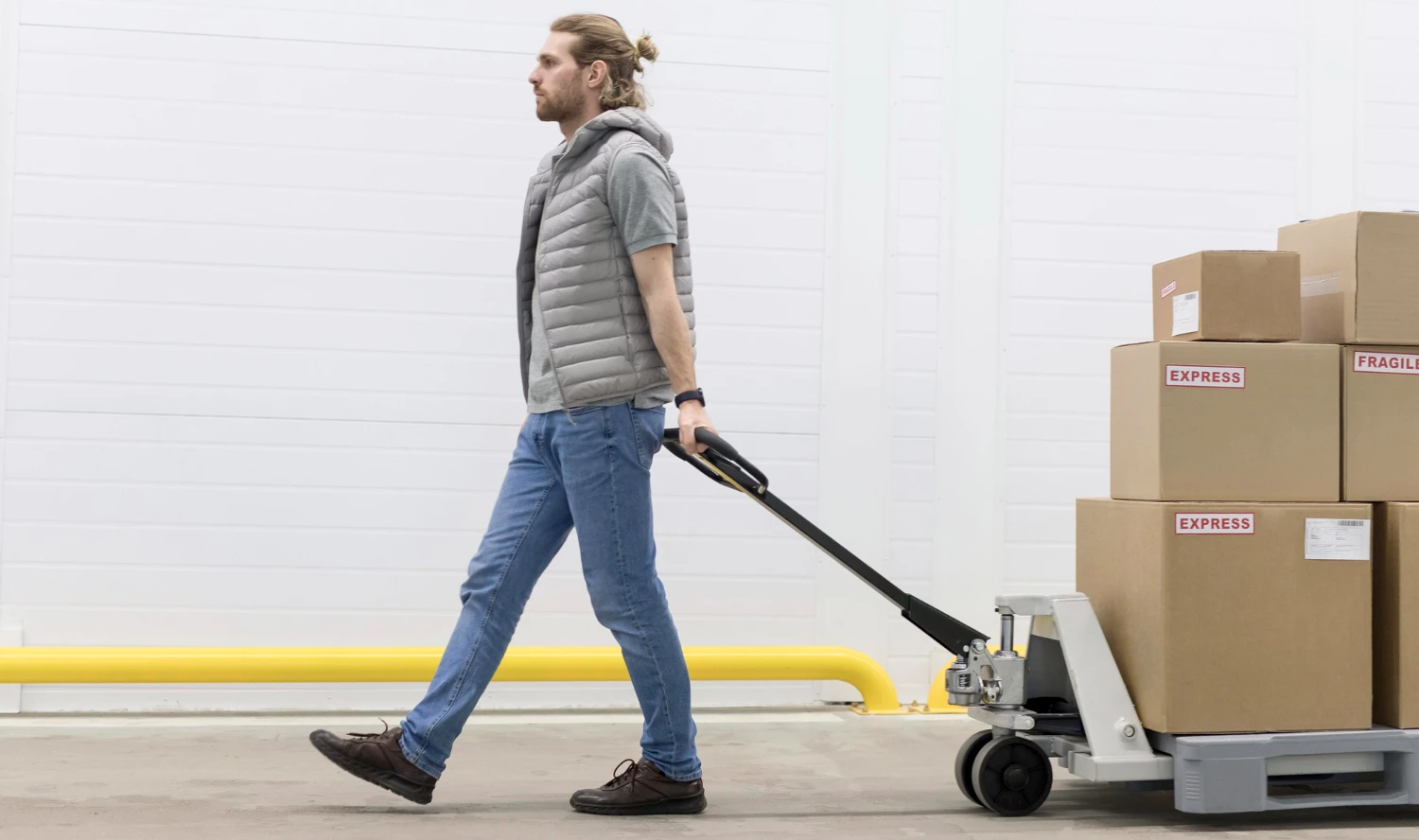In a world increasingly conscious of environmental impact, the logistics industry is stepping up to the plate, and Plastic FLCs (Folding Large Containers) are emerging as unsung heroes in the journey towards sustainable practices. These versatile containers are not only efficient in streamlining storage and transportation but are also playing a crucial role in promoting eco-friendly logistics across various industries.
Table of Contents
ToggleThe Reusability Factor
One of the primary contributors to the green credentials of Plastic FLCs is their reusability. Unlike traditional packaging materials that may end up as single-use waste, these containers are designed for durability and repeated use. The ability to withstand multiple journeys and handling cycles makes them a sustainable choice for businesses aiming to minimize their environmental footprint.
Recyclability at its Core
Plastic FLCs are often made from recyclable materials, adding another layer to their sustainability profile. As the global push towards a circular economy gains momentum, the recyclability of these containers ensures that they can be repurposed into new products, reducing the demand for virgin materials and lowering the overall environmental impact.
Reducing Carbon Footprint
The space efficiency of Plastic FLCs significantly contributes to a reduction in carbon emissions. Their design allows for efficient stacking and nesting, optimizing the use of storage space in warehouses and during transportation. This not only cuts down on the number of trips needed but also minimizes the energy required for storage facilities, ultimately lowering the logistics industry’s carbon footprint.
Sustainable Materials and Manufacturing Processes
Many manufacturers are now producing Plastic FLCs using eco-friendly materials and sustainable manufacturing processes. From biodegradable plastics to utilizing energy-efficient production methods, these containers are increasingly becoming a symbol of responsible manufacturing in the logistics sector.
A Multifaceted Approach in Various Industries
Plastic FLCs are versatile solutions that cater to the diverse needs of industries such as automotive, retail, and manufacturing. Their adaptability ensures that they play a role in different stages of the supply chain, contributing to sustainable practices across various sectors.
The Role of Plastic FLCs in Waste Reduction
By providing a reusable and durable alternative to traditional packaging, Plastic FLCs help in reducing the overall waste generated in logistics operations. This waste reduction is not only cost-effective but aligns with the growing global consciousness about the need to manage resources responsibly.
Conclusion
As the logistics industry continues to evolve, the importance of sustainable practices cannot be overstated. Plastic FLCs, with their reusability, recyclability, and space efficiency, stand as beacons of green logistics. Embracing these eco-friendly containers is not just a step towards operational efficiency but also a commitment to a greener, more sustainable future for the logistics industry and the planet as a whole. As businesses increasingly prioritize sustainability, Plastic FLCs are likely to play an even more significant role in shaping the green landscape of logistics.

